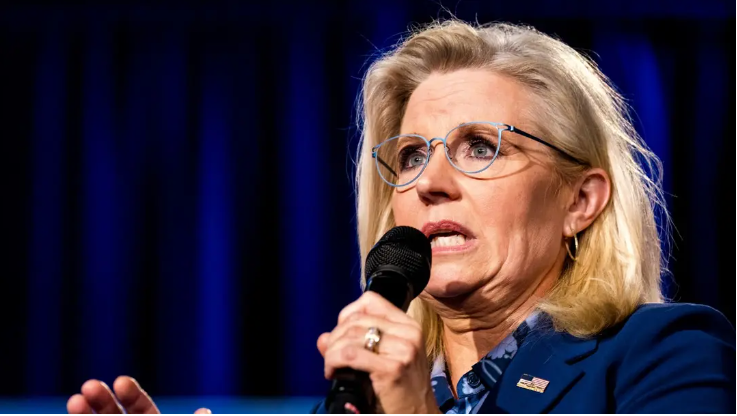Report: UN Staff for Iraq Aid Project 'Demanding Bribes'
An investigation led by The Guardian claims that employees of the UN's Funding Facility for Stabilization (FFS) program in Iraq have demanded and accepted bribes in return for the allocation of construction contracts....
Facts
- An investigation led by The Guardian claims that employees of the UN's Funding Facility for Stabilization (FFS) program in Iraq have demanded and accepted bribes in return for the allocation of construction contracts.1
- The FFS was established in May 2015 by the UN Development Program (UNDP) with support from the Global Coalition Against Daesh [The Islamic State group] at the request of the Iraqi government and holds a budget of $1.88B. The project claims to focus on 'rehabilitating public infrastructure and providing essential services' to conflict-affected areas.2
- The Guardian cites three employees and four contractors who say bribes of up to 15% of a contract's value have been demanded by UNDP staff, with employees consequently 'ensur[ing]' that contractors pass the vetting process.'1
- A contractor further told The Guardian that 'nobody can get a contract without paying,' and that there is 'nothing in this country you can get without paying,' including the Iraqi government and UNDP.1
- The Guardian also alleges instances of UNDP reports falsely claiming completed FFS projects, while interviewees speaking on anonymity accused such documents of being made for 'PR [public relations] purposes' with the reality in Iraq being 'a far cry from what you perceive.'1
- Responding to The Guardian, UNDP claims the agency held 'zero tolerance for fraud and corruption,' and the allegations will be 'thoroughly assessed and, where appropriate, investigated.'1
Sources: 1The Guardian and 2UNDP.
Narratives
- Establishment-critical narrative, as provided by Brookings. Despite international attempts to revive Iraq following the US's disastrous 2003 invasion, opportunities for corruption have increased and initiatives to cure this institutional sickness have been at best bandaids on a fundamentally broken system. Though the US did not necessarily create these corrupt tendencies in Iraqi governance, its occupation reified already-existing patronage networks and created the conditions for an even more vast system of corruption.
- Pro-establishment narrative, as provided by Devex. Iraq quietly continues to benefit from steady stability and growth — contrary to what cynical observers may say. Iraq is the victim of 40 years of war and misfortune as opposed to a hotbed for corruption, and while there have certainly been many examples of mismanagement since 2003, the country's future is bright. The current government has put Iraq back on the right track, and if it can remain secure it will continue toward prosperity.







